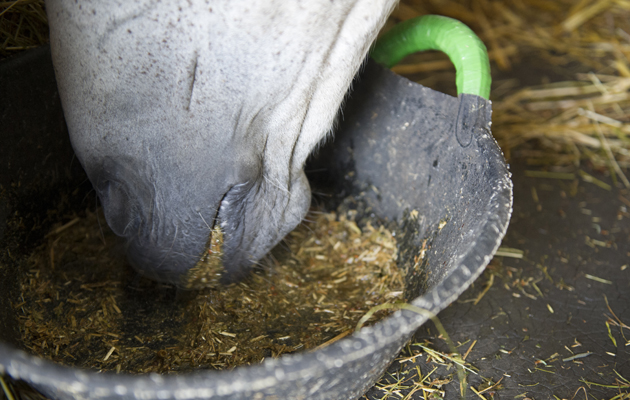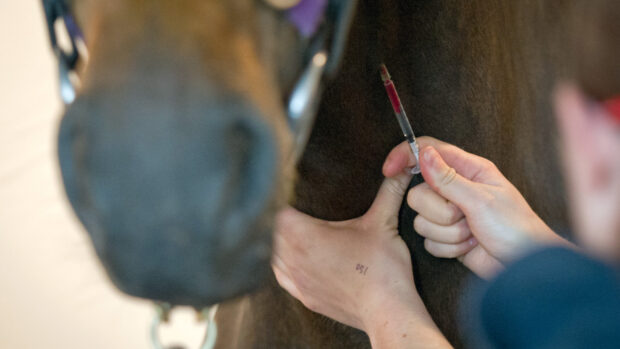Riders are warned to take care when using devil’s claw from next year if they are competing under FEI rules, as an active ingredient appears on the governing body’s controlled medication list for 2016.
Devil’s claw contains harpagoside, which is on the proposed list of controlled medication.
The herb is commonly used to help ease muscle pain — harpagoside is an anti-inflammatory with analgesic properties.
“Such products have been used by some as a substitute for prescription non-steroidal anti-inflammatory drugs, known as nsaids, such as bute, in the belief that they are permissible during competition,” said H&H vet Karen Coumbe.
“This highlights the fact that herbal products are not necessarily safe or advisable. I would suggest it is better to talk to your vet and use properly prescribed medication.”
The list is updated by the FEI annually, and the changes will come into effect on 1 January 2016.
| Related articles |
Other substances to be aware of include ammonium sulphate and ammonium sulphide.
Both are currently unlisted, but will be banned substances next year, and are described as “nerve-blocking agents with a high potential for abuse”.
Phenibut — a “central nervous system depressant with a high potential for abuse” — also joins the banned substances list.
Codeine is on the list for controlled medication, as “low potential for abuse, used in horses for its antitussive [cough suppressant] and anti- diarrhoea effects”.
Banned substances are not permitted for use in horses taking part in competition.
Controlled medications are acknowledged as substances with therapeutic veterinary benefits, but are not permitted during FEI events because of the potential for their misuse.





